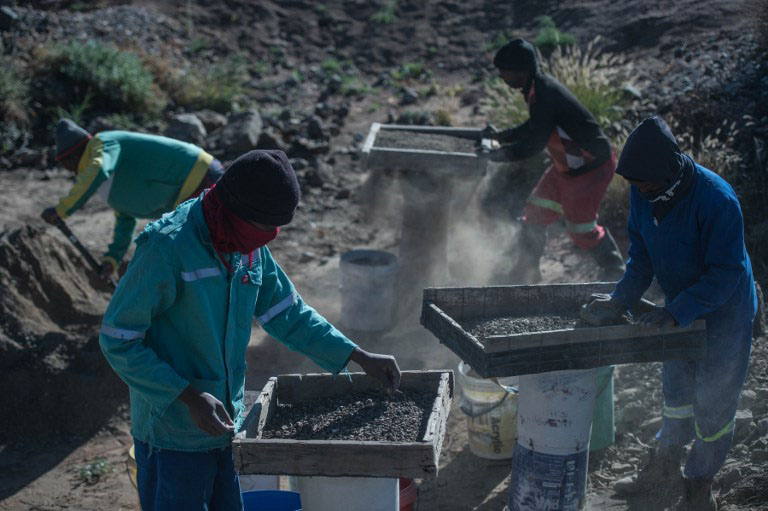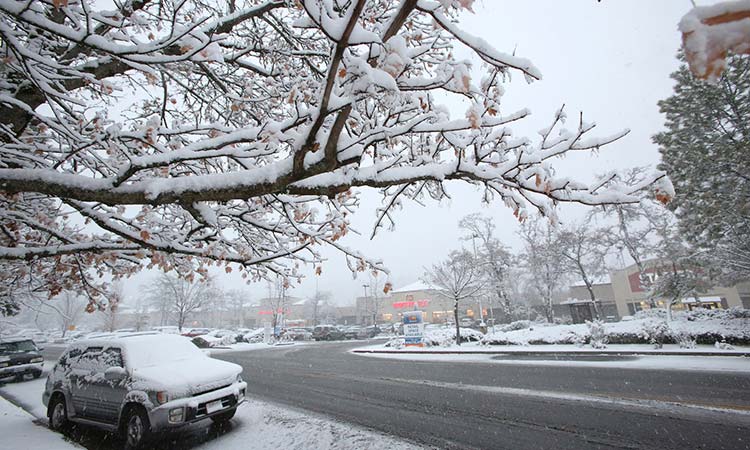Up in arms over archaic mining laws

The photo has been used for illustrative purposes.
Tim Palmer and Char Miller, Tribune News Service
What if communications today were governed by a law passed before the telephone was invented? Or if transportation were guided by federal policy made before there were cars?
That’s exactly the type of anachronism in play regarding America’s key law governing the extraction of hard-rock minerals, such as gold, silver and copper, on public land. The Mining Act of 1872, which President Ulysses S. Grant signed, still sanctions destructive practices on what amounts to one-third of the country’s acreage and 46 per cent of California’s. It can create toxic plumes and moonscape rubble in national forests, national monuments and Bureau of Land Management holdings that many regard as their favourite places on Earth. That’s one reason why pressure is mounting to change this antiquated 19th century legislation.
Congress passed the Mining Act when sourdoughs were swinging pickaxes, and it remains largely intact even though grizzled prospectors chipping away at their claims have been replaced by equipment six stories tall that can decapitate a mountaintop in a few days. Regulations that govern “resource extraction” in the form of gravel pits, coal mines and oil and gas wells have been updated, and mining has been effectively stopped in national parks, but no such changes have occurred for hard-rock mining on other public lands. Instead, the 1872 law binds us to mistakes that have been clear for years.
For example, under the 1872 law it’s perfectly legal for foreign interests (many mining companies are based abroad) to stake claims on US public land, and remove valuable “economic minerals.” These companies make billions of dollars in profit, but they don’t have to pay a dime in royalties to our government for the privilege, costs and enduring problems of mining public land. Safeguards to protect water, air quality and wildlife are virtually absent from the Mining Act. State and federal environmental laws can be marshalled against mining companies to some degree but state law in particular is provisional, changeable, and the Mining Act still enshrines the right of corporations to scar our mountains, foul our streams and pollute our air. If environmentalists file lawsuits, companies can declare bankruptcy or retreat to offshore unaccountability.
From the beginning, the Mining Act was steeped in corruption because it was written by the very industry that benefited from its passage. It has become only more advantageous to contemporary mining corporations with time, technology and greedy globalism.
According to the Environmental Protection Agency, the 1872 law is responsible for polluting 40 per cent of the headwaters of western waterways, creating 161,000 abandoned mining sites, and bequeathing to the public estimated cleanup and reclamation costs that top $50 billion.
A recent Associated Press investigation found that another legacy is 50 million gallons of hazardous pollution still seeping daily from abandoned sites into streams we rely on for clean water.
That we continue to be poisoned by the toxic remains of old mines is tragic enough, but what’s worse is that brand-new operations can do business almost as if it were 1872. A foreign-owned mining company has proposed to strip mine nickel on the North Fork of the Smith River, which is protected as a wild and scenic river in California, but not in Oregon, at its headwaters, where the mine is planned. If the strip mine goes on line, it would pollute public water supplies, threaten redwood parks downstream, and endanger one of the country’s finest salmon streams, not to mention reversing restoration on the Smith that has already cost taxpayers millions of dollars.
House Natural Resources chair Raul M. Grijalva and Sen. Tom Udall will introduce bills in each house of Congress this year to reform the Mining Law. They are proposing sensible reforms to convert the hard-rock giveaways to a leasing programme, charge royalties and reclamation fees, provide for enforcement of the law and for environmental protection, and give federal land managers the ability to balance mining with other uses. California’s representatives and senators should cosponsor these bills.
We need a 21st century mining law for 21st century conditions.







